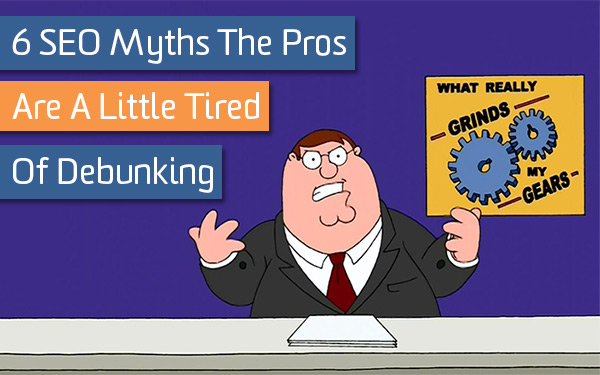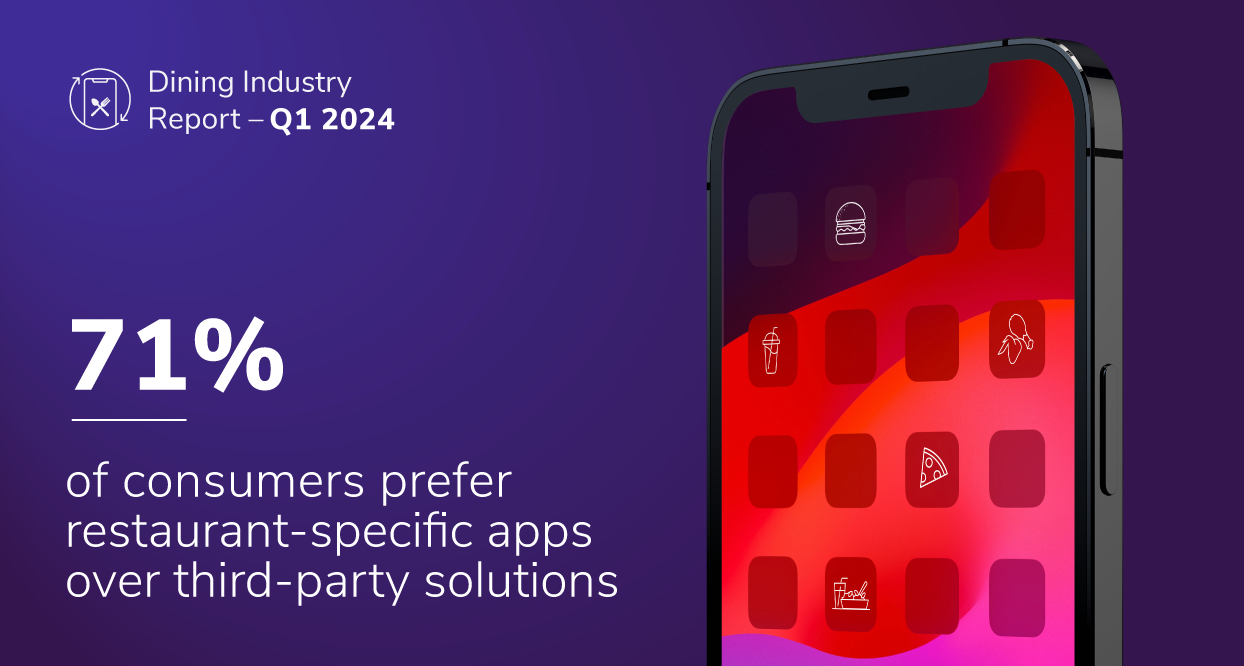6 SEO Myths The Pros Are A Little Tired Of Debunking

You know what’s been grinding my gears lately? No matter how long I’ve been in the search field, or what happens out there in the industry, some myths continue to persist. Wishful thinking? Lack of education? I say both.
Let’s clear up some common misconceptions with the help of some industry experts from Google+. If you’re an average web user, Google+ probably doesn’t have a place in your life. However, I’ve found it to be a thriving locale for search industry discussion! Add one of these experts to your circles and join the conversation today.
Myth 1: Social Media EQUALS Higher Rankings.
In reality, social media LEADS TO higher rankings. There is a big difference between correlation and causation, which is what study after study proves and Google confirms.
I urge people to think about the process instead:
More shares -> more eyeballs -> more link opportunities -> more links and digital authority -> higher rankings.
But racking up tweets in the name of SEO is not going to take you far until search engines find a consistent way to monitor social signals. Eric Enge of Stone Temple Consulting has some thoughts:
Myth 2: SEO is JUST Links and Words
This myth is a product of SEO evolution because it was not long ago that this industry was built on links and words. Authority from links and keyword research are still essential components, but Google looks to established brands more than ever, and that trend promises to continue.
Want to see what I mean? Search for “masters of public health.” The top 10 pages do not have the most links and probably performed zero keyword research. But do you recognize any names? Harvard, Johns Hopkins, NYU. Investing in your brand will help you more today and tomorrow than building cheap links.
Building your business has never been more in fashion. Rand Fiskin of MOZ weighs in on this idea in the video below. SEO is no longer a few simple strategies.
Myth 3: Technical SEO is Dead
Google and Bing have invested heavily in their Webmaster Tools services to make technical SEO easier for every site owner, but that does not give you permission to forget about redirects, canonical tags and indexation. One-third of my sales calls are with companies after a redesign goes wrong and search traffic flatlines.
It is still important for every webmaster to understand the basics of technical SEO, if only as an insurance policy. Dan Shure of Evolving SEO shared one of our pieces on the great SEO uses of Google Webmaster Tools. Make sure to follow him!
Myth 4: Yeah I Did All of That SEO Once, I’m Done Now
Reality, you’re never finished. This is a world of curve-balls and current best practices because nothing stays still. Take Google Authorship Photos for example, one second the pros are telling clients to add it for authority and higher organic click through rates then the next they are gone and strategies are shifting.
See Luna’s own Andrew Garberson’s take on Google removing Author photos from SERPs:
Myth 5: Paying for AdWords GUARANTEES Higher Rankings
This is an oldie but a goodie. There certainly ARE benefits to using Paid Search for data and coverage during your organic campaign, for instance, reviewing your Matched Search Query report and The Paid/Organic Report leap to mind, but this myth definitely doesn’t hold water.
Here Barry Scwartz shares a video of Matt Cutts’ (Google’s Webspam Lead) favorite myths.
Myth 6: Your Measurement Strategy Will Never Change
We are creatures of routine, and that can be to our detriment in the search game. Monitor, analyze, repeat. But then, issues like (not provided) happen. Lindsey Wassle shared a great new feature in MOZ to help with that. Your measurement strategy should reflect the best data you have access to and should be fluid.
Myths BUSTED
Add me on Google+ and let me know what myths and misconceptions you debunk for businesses.


